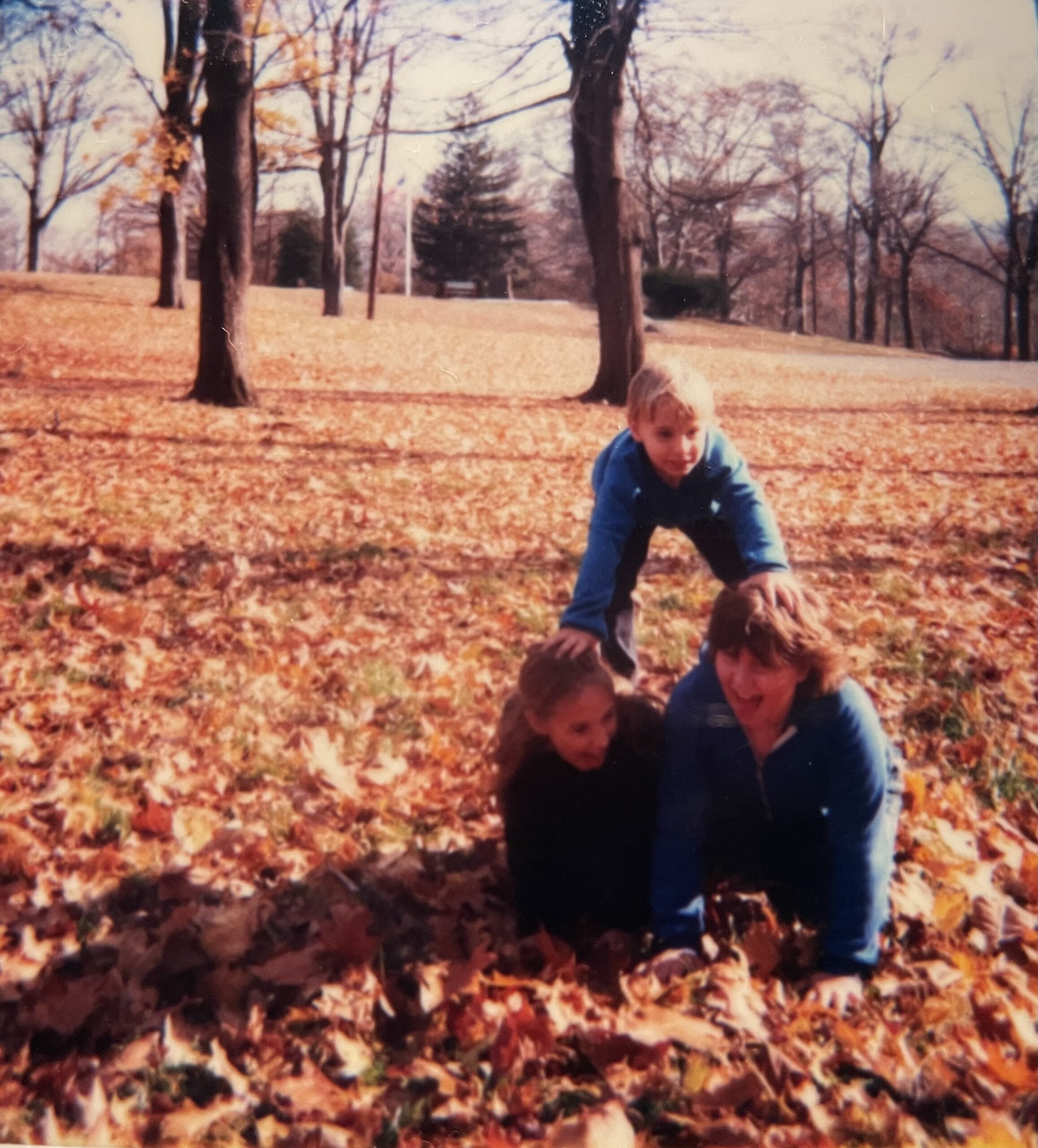
Being the firstborn isn’t just a title — it is an identity. You’re the original, the grand experiment, the first pancake of your parents’ parenting journey (and we all know the first pancake is never perfect). If life is a dance then being the firstborn is like being cast as the lead… in a show where the script changes daily, the lights are too bright, and the stage occasionally catches fire. Sound familiar?
If you’ve ever wondered why you’re so good at keeping it all together — and why you sometimes feel like the human embodiment of a to-do list — you’re not alone. Firstborns are natural leaders, nurturers, and often the glue that keeps families from spiraling into chaos. But let’s not sugarcoat it: this role also comes with its quirks, challenges, and a slight tendency to accidentally become everyone’s unpaid life coach.
Misty Copeland, the first African American principal ballerina at the American Ballet Theatre, calls this out beautifully in her book Life in Motion. Her story of resilience, responsibility, and grit as a young girl who grew up providing structure and support for her family feels like a firstborn anthem.
Let’s break down the lessons that come with being the firstborn with a dash of humor (because we’ve earned it).
As the eldest, you didn’t just get a sibling — you got a lifetime appointment as second-in-command to your parents. Need help with homework? Call the firstborn. Can’t find your shoes? Firstborn knows where they are. Mom’s stressed? Don’t worry; the firstborn is already making pasta on the stove while simultaneously fixing the WIFI.
This knack for structure comes from somewhere. Like Misty balancing on her toes through family upheaval, you learned early how to be the stabilizing force. You became the protector, the planner, the one who made sure bedtime happened and feelings were soothed. It’s a badge of honor… and sometimes a headache.
You’re the one stuck deciding whether to step in or let people figure things out themselves. And let’s be real—sometimes they don’t want you swooping in. (“I was going to clean my room, geez!”) So, now you’re not just the CEO; you’re also HR, trying to navigate when to delegate and when to resign from duties altogether.
Why do firstborns do this? Because when you’re the firstborn, your family’s world feels like your world. Their chaos is your call to action. Their security? Well, that’s somehow your job too.
Firstborns are like family translators, connecting the dots between generations, personalities, and priorities. Misty talked about bridging her identity as a dancer with her identity as a girl growing up in challenging circumstances. You’ve likely become the go-to mediator, the one who smooths over awkward silences at Thanksgiving or bridges the gap between your sibling’s wild ideas and Mom’s “not under my roof” energy.
But let’s not pretend it’s all warm fuzzies. Building bridges can come with friction. Like when your siblings insist they’ve “got it under control” (spoiler: they don’t) or Mom swears she doesn’t need help but somehow doesn’t remember how to use the printer. Your job is to read the room, assess the fallout, and decide whether to play diplomat or let the chips fall where they may.
Pro tip: Sometimes, it’s okay to let the bridge wobble a little. You don’t ALWAYS have to be the steady foundation. (Just maybe step in before anyone decides to burn it down entirely.)
If being the firstborn teaches you anything, it’s how to keep moving—even when you’re juggling responsibilities like a circus act. You’ve likely done some fancy footwork in your family’s story, balancing expectations with your own dreams, and sometimes sacrificing your downtime so others could thrive.
But here’s a secret: the dance doesn’t have to be perfect. Sometimes, grace means stumbling and laughing it off. Sometimes, it means stepping out of the spotlight altogether and letting others lead (even if they’re rhythmically challenged).
Being the eldest comes with perks (natural leadership skills!) and pitfalls (hello, perfectionism). The trick is learning how to honor your role without letting it define your entire existence.
Not every problem is yours to solve, and not every crisis needs a firstborn superhero swooping in. Misty Copeland didn’t become a ballet icon by carrying her whole family on her shoulders — she found strength in her individuality. Give yourself permission to step back when you need to.
You’ve mastered resilience, empathy, and responsibility. That’s no small deal. Instead of focusing on what you didn’t get right, celebrate all the ways you’ve shown up for your family (and yourself).
It’s easy for firstborns to live their lives in service of others, but don’t forget – you deserve center stage too. Whether it’s picking up a new passion, taking time to recharge, or finally saying “no” when you mean it, do it.
It’s exhausting to always be the one who holds it together. But here’s the flip side: you’re also the one who holds it together. That ability to nurture, inspire, and lead is your legacy, just like Misty Copeland’s story is hers.
You’re the person your family turns to when they need stability, the voice of reason in the storm, and the glue that keeps it all running. So next time you feel stretched thin or underappreciated, remember this: you’re not just a firstborn — you’re a force of nature.